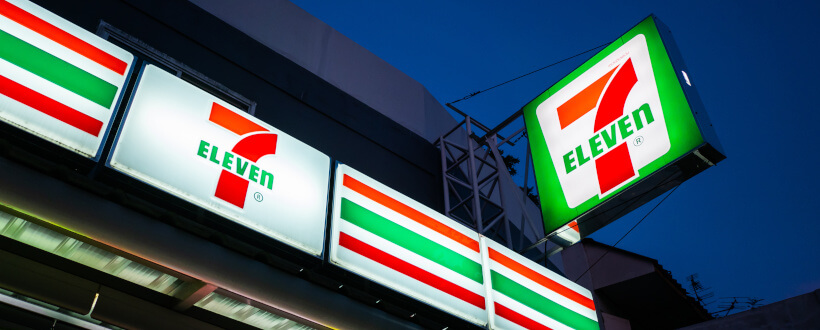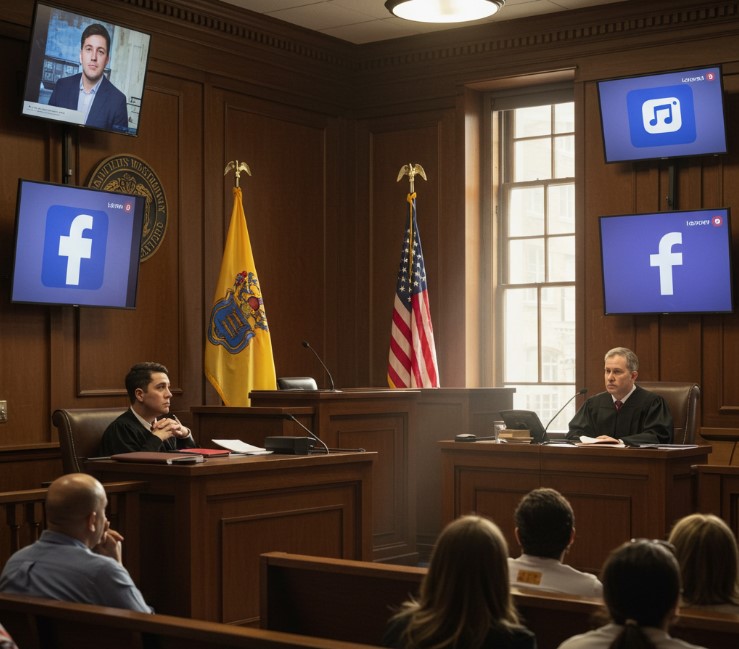7-11 and its franchisees are at it again. This time in Massachusetts.
On March 24, 2022, in Patel v. 7-Eleven Inc., the Supreme Judicial Court of Massachusetts [1] held that it is possible for a franchisee to be considered an employee of a franchisor. This issue affects whether franchisees are covered under worker protection laws which do not apply to independent contractors.
The First Circuit Court of Appeals sent a certified question to Massachusetts highest state court asking:
Whether the three-prong test for independent contractor status set forth in [the independent contractor statute] applies to the relationship between a franchisor and its franchisee, where the franchisor must also comply with the FTC Franchise Rule [2].
Massachusetts follows the so-called ABC test to determine if a person is an independent contractor or an employee. The ABC test uses the following factors:
(1) the individual is free from control and direction in connection with the performance of the service, both under his contract for the performance of service and in fact; and
(2) the service is performed outside the usual course of the business of the employer; and,
(3) the individual is customarily engaged in an independently established trade, occupation, profession or business of the same nature as that involved in the service performed.
The Supreme Judicial Court of Massachusetts held that the ABC test does not conflict with the FTC Franchise Rule.
7-Eleven and numerous Amicus Curiae [3] argued that the ABC test does not apply in the franchise context because the FTC Franchise Rule’s definition of a franchisor specifically requires that a franchisor exert control [4] over a franchisee. 7-Eleven maintains that requiring franchisors to make the requisite showing under the first prong of the ABC test (that the franchisee is “free from control and direction” in connection with the performance of services for the franchisor) necessarily conflicts with the FTC Franchise Rule, which defines a franchisor as, inter alia, an entity that exercises significant control over a franchisee’s method of operation. 7- Eleven contends that the Legislature must have intended to exclude such relationships from application of the independent contractor statute altogether. 7-Eleven argued that applying the ABC test in the franchise context could bring an “apocalyptic end” to franchising in the state.
The Supreme Judicial Court of Massachusetts found that the ABC test and the FTC Franchise Rule can co-exist. This decision, however, is not the end of the story because the federal courts would need to resolve whether the control exerted over 7-Eleven franchisees raises to the level for 7-Eleven to be considered an employer.
How does this ruling affect franchising?
First, Franchisors operating in Massachusetts will be required to find the middle ground between having (a) enough control over franchisees to protect their trademarks and to operate the franchising systems, and (b) not exerting “too much” control that the franchisor risks becoming an employer.
Second, over 30 states use the ABC test, and the Patel v. 7-Eleven decision could impact how other states decide the issue.
[1] Patel v. 7-Eleven Inc., Massachusetts Supreme Judicial Court, No. SJC-13166, _ Ma. _ (March 24, 2022).
[2] 16 C.F.R. §436 et seq.
[3] Most notably, these Amicus Curiae included Chamber of Commerce of the United States of America.
[4] This control is required, in part, because franchise agreements include trademark licensing. Without quality control over a licensee (a “naked license”), the trademark owner may forfeit its trademark rights.













